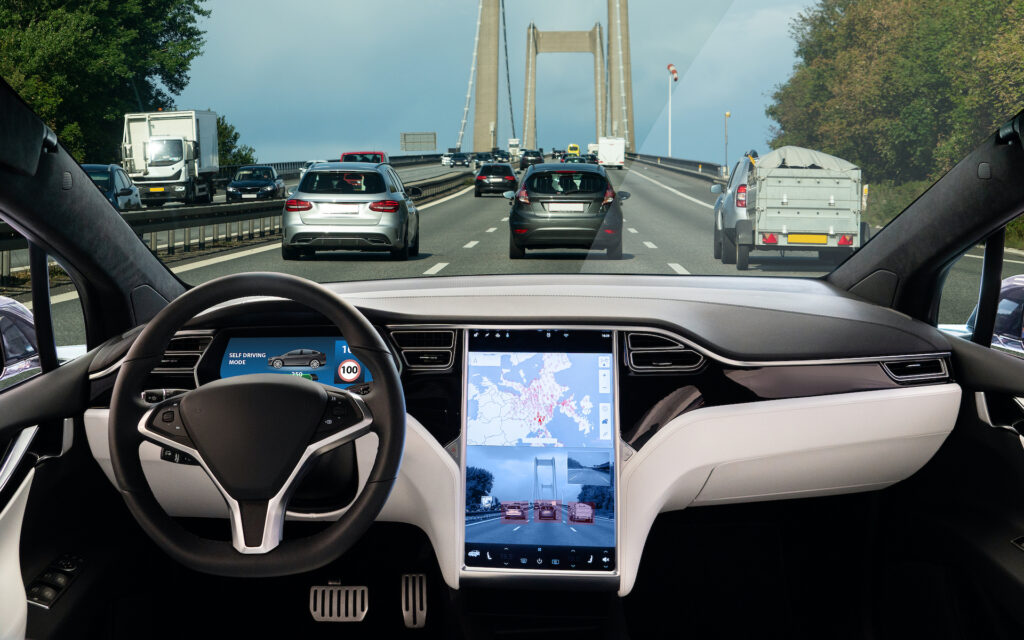Self-driving cars and other autonomous vehicles (AVs) are advancing by the day, they’re no longer science fiction. From automatic parallel parking to driverless rideshare services, the range of applications for self-driving cars is limited only by imagination and innovation. But the general public remains largely skeptical of AVs, in part because high-profile accidents in recent years have engendered distrust and antipathy, complicated by a need for acceptable public policies.
With public opinion in mind, an interdisciplinary research team affiliated with the Johns Hopkins Institute for Assured Autonomy is exploring the relationship between trust and technology from a unique perspective. While most studies invariably focus on safety and trust, this team is exploring the broader impact of the vehicles on communities and the relationship between social equity and trust in technology. Using advanced modeling of AVs in a Baltimore neighborhood, the team’s research revolves around a central question: Will the public be more willing to adopt AVs if they remedy societal inequities related to a population’s mobility?
To try to answer this and inform effective public policy, the team—comprising Johns Hopkins researchers Tak Igusa, Joshua Mueller, Frances Duffy, Jeff Michael, Johnathon Ehsani, and PhD students Matty Golub and Todd Chang—is exploring AVs as a service provider for an underserved neighborhood in Baltimore. The neighborhood is a food desert lacking access to nutritious, affordable food, and has a low proportion of vehicle ownership and limited public transportation options. The team built simulations of AVs delivering groceries to households, as well as rideshare-style trips to the closest grocery store. AVs were also modeled to augment public transportation routes by adding shuttle routes within the neighborhood that bring residents to the closest light rail station. In the simulations, these services were shown to improve mobility and access, with the goal of enhancing social equity.
The team has also modeled the processes through which personal trust in AVs is built and maintained, including: trust in autonomous technologies such as lane-keeping and brake-assist; comfort with the idea of AVs sharing the road; and trust in operating AVs and transporting loved ones. They are proposing that perceptions change as individuals learn of AVs in their communities through word-of-mouth and firsthand awareness, as well as through positive direct experiences with the vehicles.
While governments are developing policies for operating autonomous vehicles on public roadways, the social impact of AVs remains underexplored. The research team is analyzing another important question: How can governments advance broader goals of social equity through their policies? The team is leading simulations of interactions among governments bodies, autonomous vehicle operating companies, and members of the public, and measuring various outcomes at the system level. This simulation promises to be a powerful tool for experimenting with policies and studying their diverse effects. Ultimately, this research project aims to create a policy framework to ensure AV technologies are acceptable based not only on their technological benefits but also on their perceived benefit to society.
